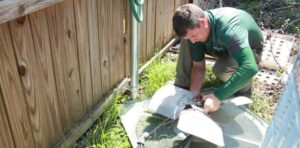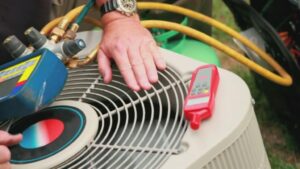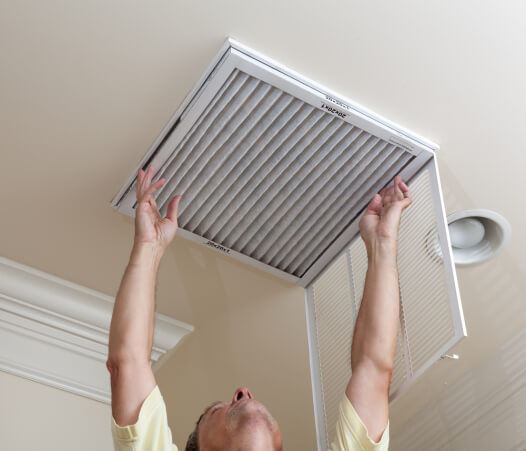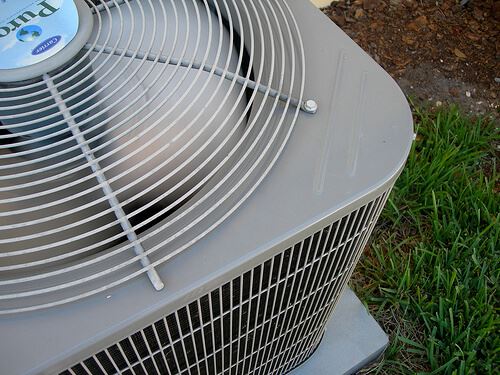In the heat of the summer, your air conditioner is working hard to make your house a comfortable place to be. If your AC unit is working as it should, then it should be able to handle the heat, no problem. However, too much strain placed on your AC system can lead to less efficiency and more wear and tear. There are ways to minimize the strain put on the AC unit so that your unit can work efficiently and last for years to come, saving you money on energy costs and AC repairs. Here are four tips for reducing the workload for your AC system this year.
Make Adjustments to the Home
There are things you can do to the home to take the pressure off of the AC system. One thing you can do is have an attic fan installed. An attic fan will help keep the attic cooler which will reduce the overall temperature in the home so that your AC unit isn’t always running. Additionally, making simple changes such as putting up blinds or curtains can keep the heat out during the hottest part of the afternoon to keep cooler temperatures inside the house.
Turn Up the Temperature When Away From Home
When you travel for a long period of time or are even away from home for the day while at work or school, it is a good idea to turn the thermostat higher so that your AC doesn’t have to work to cool the home when you aren’t there. Setting the thermostat for a higher temperature when you are away and lower temperature when you are home is a great way to reduce the strain so that it can work efficiently all summer long.
Change the Air Filter
Dirty air filters block the airflow, which makes your AC unit work harder to produce colder air. This added strain will cause your unit to use more energy and cost you more money. Changing the filter will allow for proper airflow and increase energy efficiency so that it is easier for your AC system to cool the home to a comfortable temperature. When your unit doesn’t have to work so hard to keep up with the demand, it will last longer and require fewer repairs throughout its lifespan.
Hire an AC Repair Company to Perform Regular Maintenance Checks
The best way to minimize the strain on your air conditioning unit is to ensure all parts are in working order. To do this, hire an expert AC company for a maintenance service visit and they will go over every inch of your AC unit to make sure everything is working as it should. If they find something amiss, they can inform you and correct the problem so that your system is performing at optimal levels throughout the entire summer season. Call Comfort Experts today to schedule an appointment and reduce the strain on your AC unit this year.


 If you find that the AC is running but you’re still feeling like a roasted duck inside an oven, check up on the AC’s air filters. All filters, regardless of type and purpose, will eventually collect debris. If too much dirt gets inside, your AC won’t be doing anything besides consuming electrical current. The filters can be cleaned or replaced without professional help.
If you find that the AC is running but you’re still feeling like a roasted duck inside an oven, check up on the AC’s air filters. All filters, regardless of type and purpose, will eventually collect debris. If too much dirt gets inside, your AC won’t be doing anything besides consuming electrical current. The filters can be cleaned or replaced without professional help.
